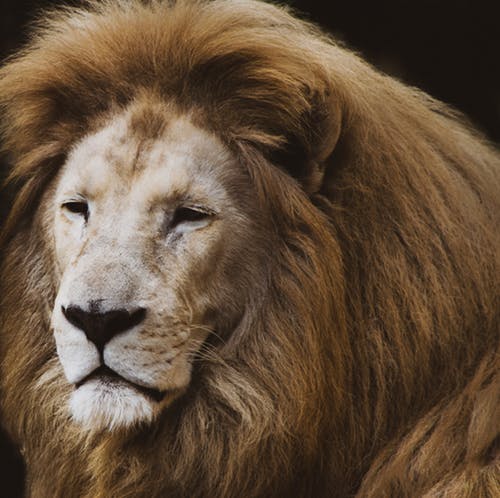We intend Courage as the Greek ‘andreia‘ and as the Latin ‘animus‘ or ‘fortitudo‘.
COURAGE is ‘swagger’ with the necessary counterbalance of ‘carefulness’. It is ‘cockiness’ with the mitigation of ‘caution’. So, it is crucial that ‘fearlessness’ does not come too close to ‘rashness’. Our philosophical COURAGE is a quality only when it is in good company of judgement and common sense. Not when it is only a matter of guts. At the same time, COURAGE is such whether it features some strong attributes. Because daring is not possible without grit and gallantry. In short, the point here is to try and detect a not easy EQUILIBRIUM between opposite instances.
Anyway, COURAGE might often be the necessary ingredient in some combinations of qualities. For example, OPEN-MINDEDNESS with no COURAGE, does not prompt the individual towards action. In a case like that, open-mindedness would stay a general, theoretical attitude, with no practical consequences. I might be open-minded but will not change my job because too afraid of changes.

Unfortunately, COURAGE is a very difficult property to invent from scratch, to create out of nothing. And it is also a quality very difficult to build and to shape, particularly when the subject is on his own. The work on the self (<CARE OF SELF>) is a confrontation of the individual with himself. But a GUIDANCE might prove very helpful in providing a role-model and in giving hands-on examples of COURAGE.
We intend Courage as the Greek ‘andreia’. A theoretical dissertation on COURAGE might be really convincing and instructive. Nonetheless, this quality is much better understandable in action, in a real context, with real cases and real people.
This is Sokratiko’s way to interpret the notion of COURAGE. Please continue to browse our list of philosophical TOPICS by clicking on the other entries of our list.